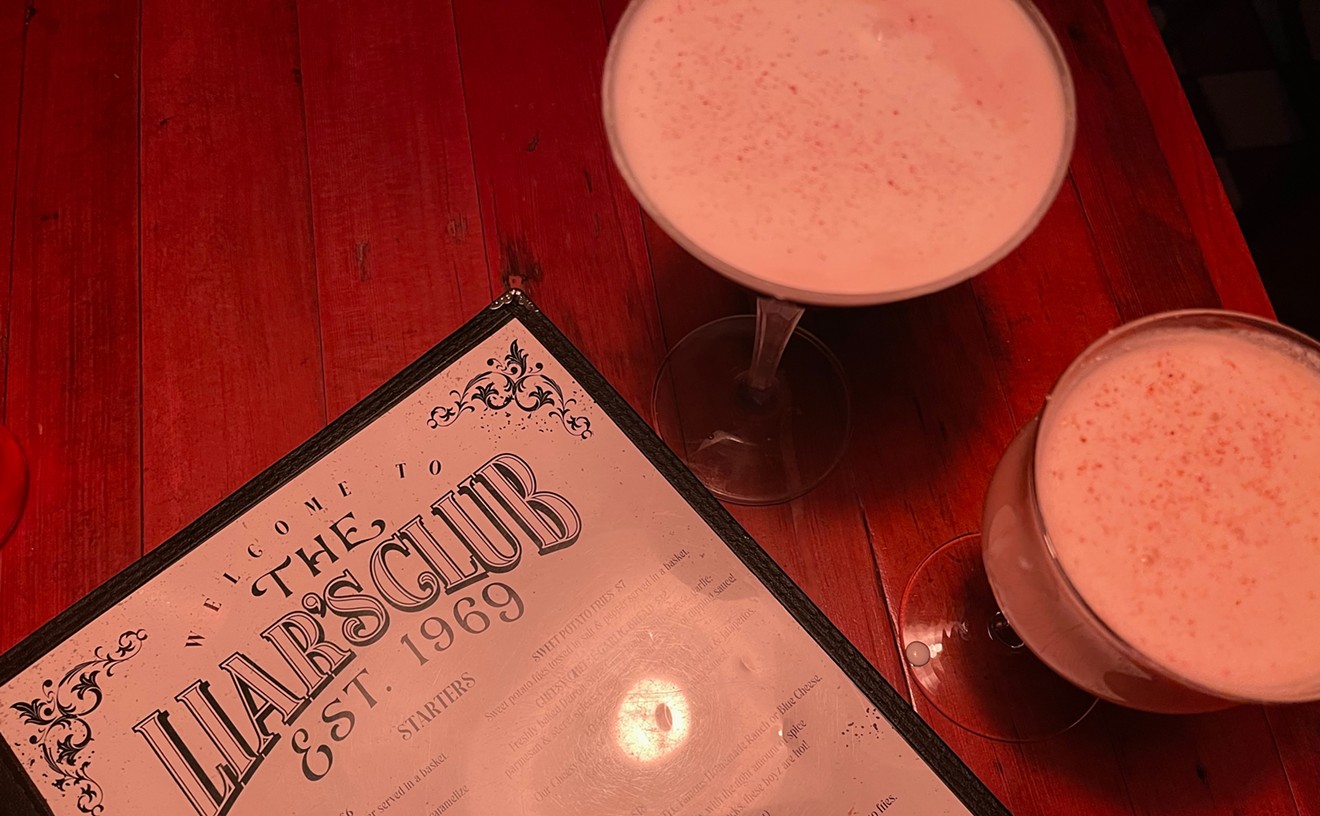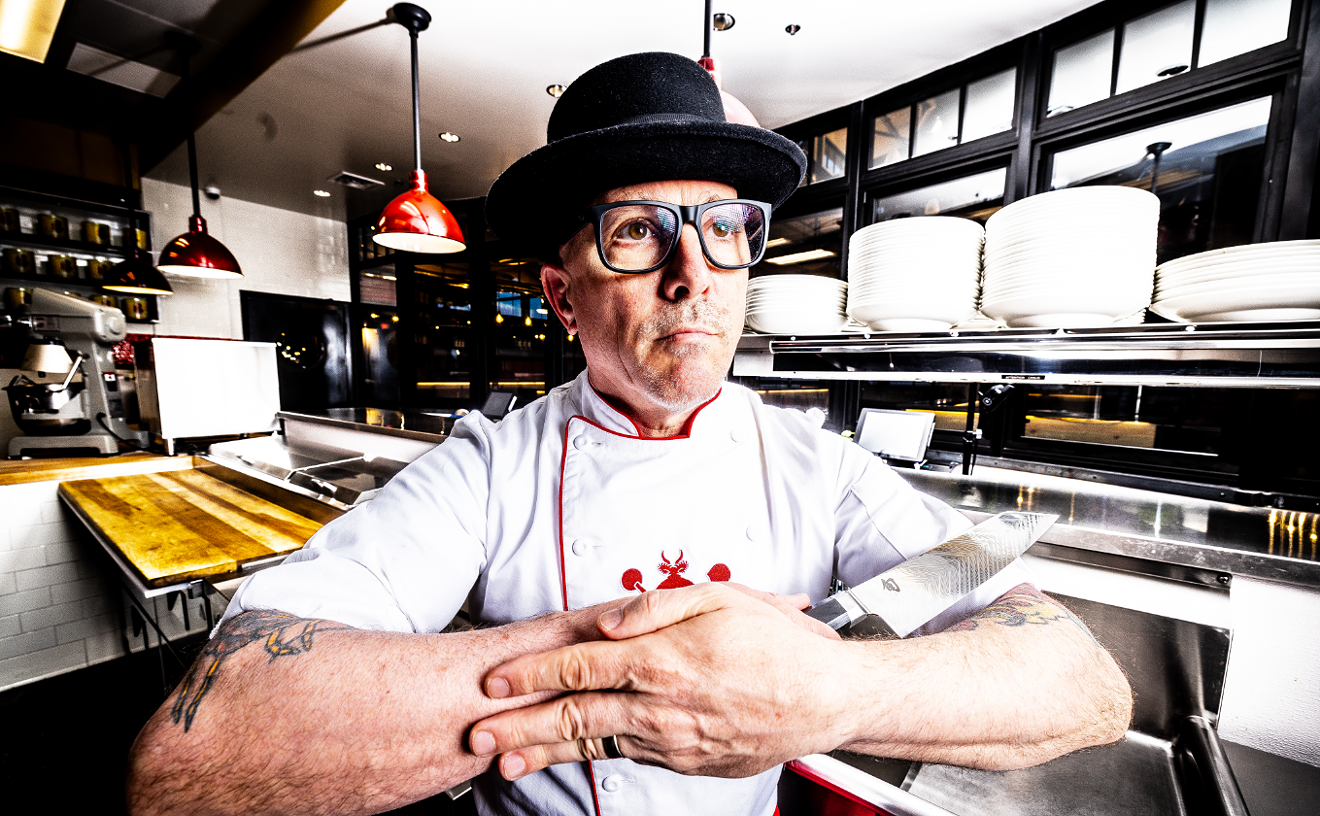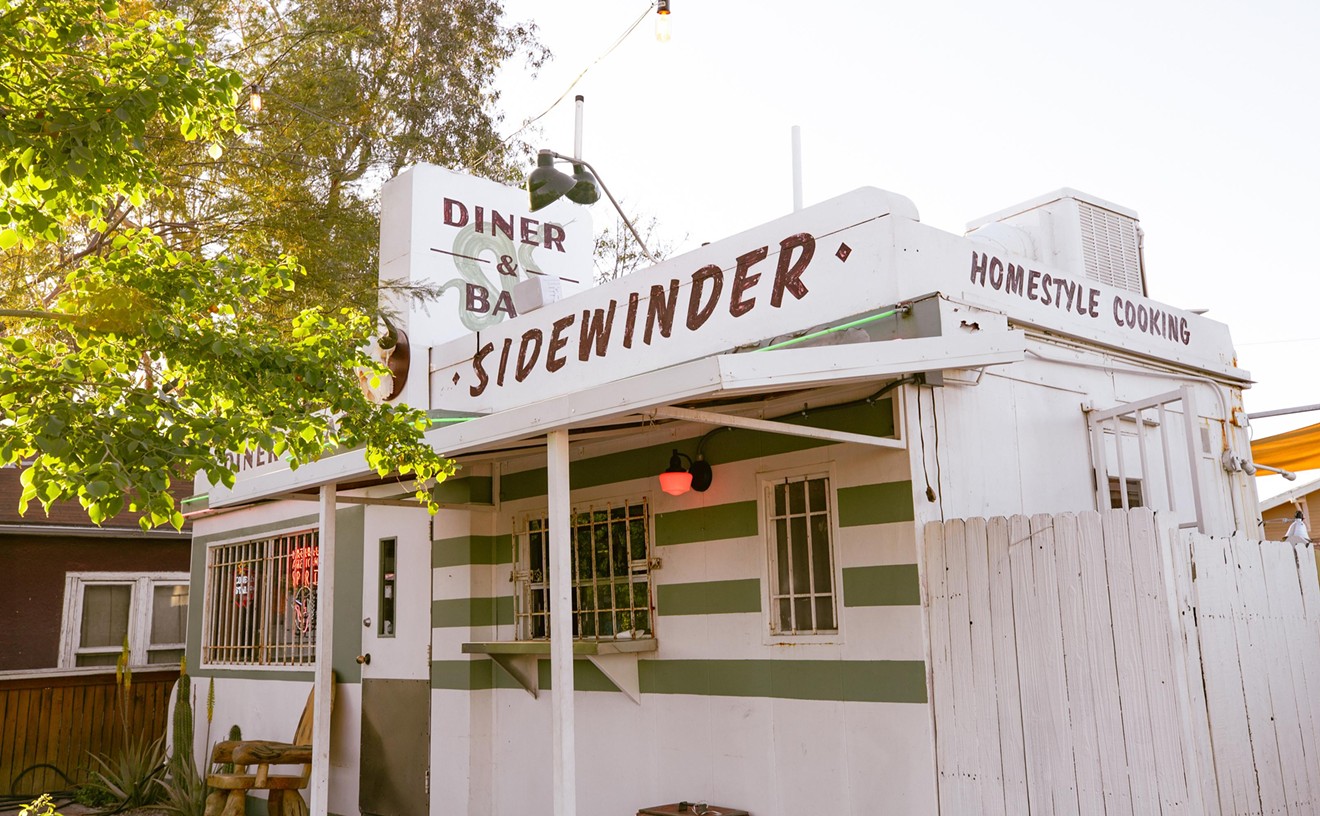I was recently dining at the bar of one of my favorite Mexican restaurants when my bartender, in a brief respite from his guests, decided a little personal tidying was in order. He pulled the soiled bar towel out from his apron and discarded it. He washed his hands, took a paper cocktail napkin, and blew his nose. Then, without pause, he grabbed a new bar towel from a cabinet behind the bar, wiped his face and nose with it, and carefully folded the towel and inserted it into his apron. My dinner was finished right there.
Have you ever felt sick after dining at a restaurant and wondered why? There are many potential causes: Restaurant employees' personal hygiene and the restaurant's food storage and preparation procedures are two. But just because you felt sick after dining out doesn't necessarily mean you got food poisoning from that restaurant. Many factors come into play, including what you ate earlier in the day and your own reaction to the last thing you ate.
There are many legitimate causes of food poisoning: Three of the primary types are salmonella, staph and E. coli. Salmonella is generally sourced from raw meats, poultry, eggs and milk and is easily killed with proper cooking methods. Its transmission to other foods can be avoided with proper hand washing. Staph develops on mishandled high-protein foods such as meat, poultry and dairy products that have been subject to temperature abuse -- think potato salad sitting on your kitchen counter for a few hours. And E. coli is found on the surface of raw meats. It's killed in the cooking process (unless you order a hamburger less than well done). It's transmitted primarily when contaminated raw product touches a surface (like somebody's hands), then cooked, ready-to-be served product comes in contact with the same surface, passing on the bacteria.
And how does it get to you? Poor personal hygiene of the employee handling your food. Has he handled any raw or contaminated product? How do you know? And how many times has a server with the sniffles waited on you? How do you know that he washed his hands after every time he sneezed? Think about it, it's very likely your server is not the poster child for antibacterial safety. And this is the person bringing your food to you.
I've had food poisoning twice. The more recent time was from a visit to the drive-through of a prominent burger chain. As I bit into the burger at home, it was cold in the center. Pink. A little quarter-inch-thin burger wasn't cooked all the way through. I made a quick phone call to the burger joint and was told, "Yeah, I'm sorry. We've been having some problems with our burger cooker. Someone's coming out to work on it. If you want to come in, I can get you a refund."
In other words, "Yeah, we don't think E. coli is really going to be a problem, thanks for the $3.99." I said no thanks to the refund. I didn't want to go back there. This restaurant was blatantly flouting safety for the sake of a few hours' sales.
And I spent that New Year's Eve leaving my restaurant-management job early, about 10 p.m., and lying curled up in a little ball in my bed for the next 36 hours.
Poor food-safety practices are propagated by a desire for perceived profits. Restaurant managers believe they can't afford to operate short-staffed. If a key person were to call in sick, they think, the restaurant could not function. Many times I've heard managers tell an employee that, with several hundred reservations on the book, "How can you call in sick? We can't afford not to have you work tonight."
So maybe the "key" server that is brought in is put in a "slow" section where only 30 guests are exposed to him or her over the course of the evening, rather than 60. And maybe the "key" line cook gets to leave early, after preparing dinners only through the rush, maybe assisting on 300 plates.
So the cook, tired and exhausted, gets careless. Moments after handling raw meat potentially contaminated with E. coli, he grabs a dinner plate with his unwashed hands and passes the E. coli on to the sanitary plate. And that same server grabs the contaminated plate with her own unwashed, flu-infected hands, and passes on to you, the unsuspecting diner, an E. coli and Influenza Special that you didn't even know was on the menu.
So for the fistful of dollars, the restaurant manager exposes tens to hundreds of diners to illness.
Restaurant managers: Respect your employees' sick requests.
Employees: Don't take no for an answer.
And you diners: Stay with the restaurants you trust and watch your server carefully. One recent visit to my favorite restaurant ended with my server pushing my leftovers into the to-go box with her bare hands, right in front of me.
No, I didn't forget my food. It stayed on the table for a reason.
Alex Neville is a ServSafe certified restaurant professional who would rather have his guests comment about an incredible dining experience with wonderful service than a trip to a hospital and three days of forced bed rest.










